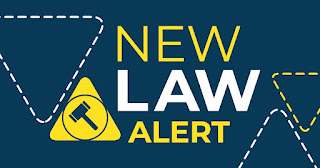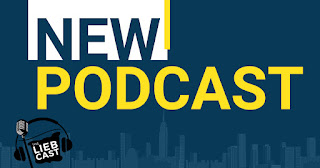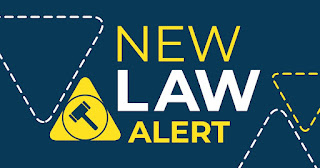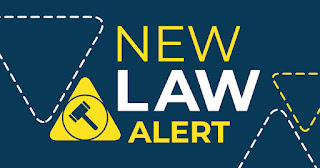If you are a NY Licensed Real Estate Salesperson, Broker, or Associate Broker - CE Requirements are changing in 2022. There are new topics required for license renewal. Lieb School is in the final stages of getting the newest topic of Cultural Competency licensed and will update the course catalog in the next few weeks. We have all other topics available on our course catalog.
What are the Continuing Education requirements for real estate agents in NY?
As of 7/1/2021. All licensees must receive 22.5 hours of continuing education every 2 years to stay licensed. NY Real Estate Brokers and Salespersons that were previously exempt from Continuing Education will no longer be exempt and will need to have completed the full CE requirements, including the new subjects prior to submitting a renewal on or after 7/1/2021. The 22.5 hours must include:
- 3 hours on fair housing &/or discrimination
- 2.5 hours on ethical business practices
- 1 hour on recent legal matters governing the practice of real estate brokers and salespersons in New York, which may include statutes, laws, regulations, rules, codes, Department of State Opinions and Decisions, and Court Decisions
- 1 hour on the law of agency (2 hours in the initial 2-year cycle)
As of 4/20/2022: All licensees must receive 22.5 hours of continuing education every 2 years to stay licensed. The 22.5 hours must include the following topics:
- 3 hours on fair housing &/or discrimination
- 2.5 hours on ethical business practices
- 1 hour on recent legal matters governing the practice of real estate brokers and salespersons in New York, which may include statutes, laws, regulations, rules, codes, Department of State Opinions and Decisions, and Court Decisions
- 1 hour on the law of agency (2 hours in the initial 2-year cycle)
- 2 hours on Cultural Competency
As of 6/19/2022: All licensees must receive 22.5 hours of continuing education every 2 years to stay licensed. The 22.5 hours must include the following topics:
- 3 hours on fair housing &/or discrimination
- 2.5 hours on ethical business practices
- 1 hour on recent legal matters governing the practice of real estate brokers and salespersons in New York, which may include statutes, laws, regulations, rules, codes, Department of State Opinions and Decisions, and Court Decisions
- 1 hour on the law of agency (2 hours in the initial 2-year cycle)
- 2 hours on Implicit Bias Awareness and Understanding
- 2 hours on Cultural Competency

















